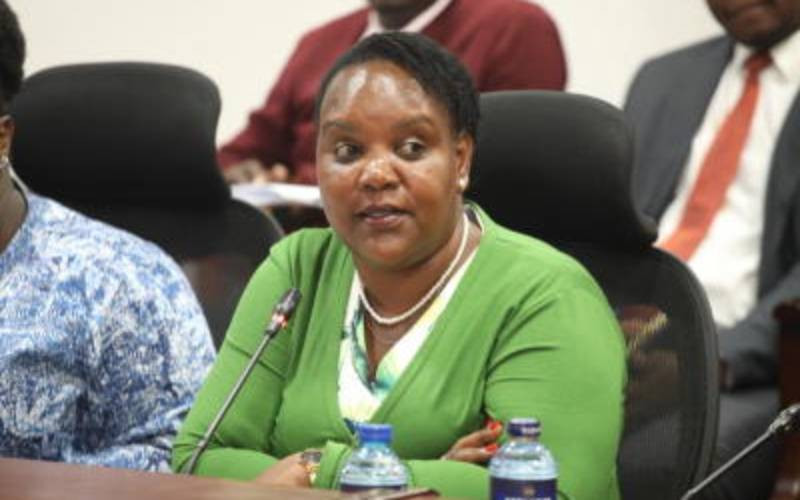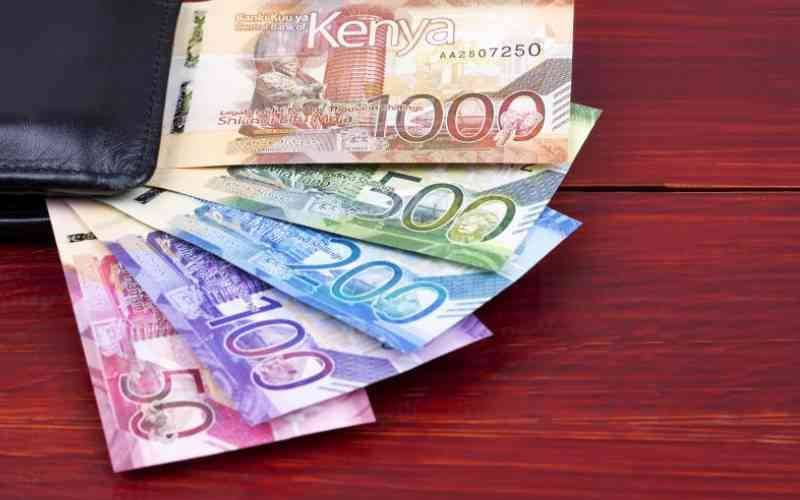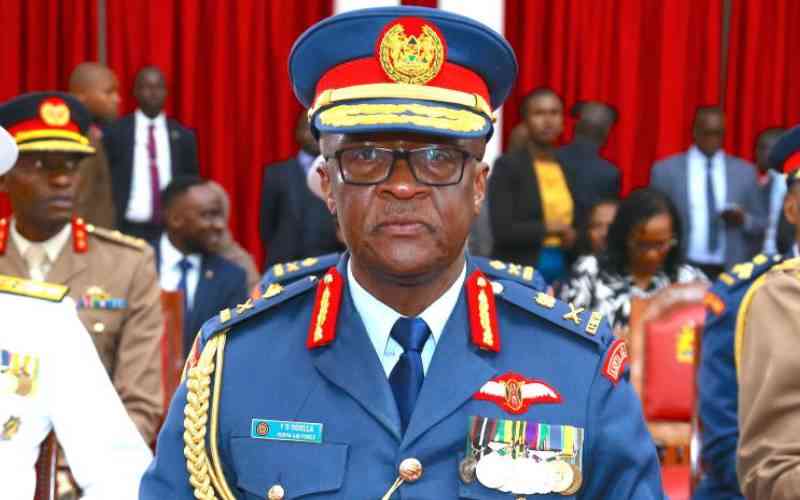Kenya: The Government could be forced to pay billions of shillings in compensation to mining companies whose licences were revoked by Mining Cabinet Secretary Najib Balala. Legal experts say this is due to the State’s disregard of bilateral agreements on investment.
According to an international law firm King & Spalding in the report titled, “Recent Developments: Kenya—What legal Options are Available to Mining companies?” says Kenya could be forced to pay the affected mining firms. This is because by cancelling their licences, the Government went against bilateral investment treaties it entered with other countries.
“Kenya has entered into a number of bilateral investment treaties and that these treaties in force may be relied upon by investors to bring claims against Kenya.” The law firm says the companies could also contest the royalties they are expected to pay to the Government and local community.
Under the new royalties regime, rare-earth minerals, which are classified as precious minerals attracted a royalty of three per cent, but are now are subject to 10 per cent royalty. Coal and gold royalties have doubled to eight per cent and five per cent, respectively of gross sales as part of wide-ranging regulatory reforms in the extractive industry.
The bilateral investment treaties that are currently in force include those that Kenya has entered with France, Germany, Italy, The Netherlands, Switzerland, and the UK. Bilateral investment treaties entitle investors from one State to submit claims against the other for international arbitration.
The treaties also contain dispute resolution clauses that allow investors to lodge claims with the host State to international arbitration in particular to the International Centre for Settlement of Investment Disputes (ICSID) or by way of ad hoc arbitration under the Arbitration Rules of the UN Commission on International Trade Law.
Kenya signed the ICSID Convention on May 24, 1966, and became a Contracting State on February 2, 1967. The report adds, “There is no doubt that the protection provided by bilateral investment treaties is the most effective form of protection for foreign investments, including mining concessions, given that foreign investors are granted access to independent and effective international investment arbitration tribunals for the resolution of their disputes.” In August last year, Balala revoked licences of 42 companies.
Irregular award
Balala also suspended the Commissioner of Mines, Moses Masibo, accusing him of presiding over the irregular award of licences. Among the affected firms are Cortec Kenya Ltd, which announced a find of Niobium, valued at Sh3 trillion ($35 billion) in Kwale County. The firm has since moved to court to challenge the decision.
Pacific Wildcat Resource owns 100 per cent of Sterling Capital Ltd and Cortec Pty Ltd, which are two UK companies that own a 70 per cent stake in Cortec. Jacob Juma, a Kenyan owns the remaining 30 per cent.
Juma accuses Balala for not following the laid-down procedures when cancelling the licences. “The law does not allow the minister to cancel any licence. Such is to be carried by the Commissioner of Mines and before such decision is reached, a commission to determine the matter should have been formed...this was not in our case. We were never heard and that is why I have severally said it was witch-hunt.” Cortec Managing Director David Anderson says the company never received any communication about cancellation of their licence.
“The company did not receive any formal notice of the cancellation of its mining licence. We are going to use all means to oppose the revocation of our legally acquired rights ... it is the company’s intention to vigorously challenge any abuse of our licence or the company in the courts,” said Anderson.
A Nairobi based lawyer Titus Koceyo, concurs that the Government could be forced to pay the firms billions of shillings, if the matter is not resolved. “The international law does not know who was in the Government when an agreement is signed. What the law recognises is the Government. Treaties are signed between governments and not individuals,” he argued.
Balala was unavailable for comment as he did not return our calls but Attorney General Githu Muigai said he could not comment on the matter as it was not in his docket. He referred this writer to the Solicitor General who was however out of office.
Stay informed. Subscribe to our newsletter
 The Standard Group Plc is a
multi-media organization with investments in media platforms spanning newspaper
print operations, television, radio broadcasting, digital and online services. The
Standard Group is recognized as a leading multi-media house in Kenya with a key
influence in matters of national and international interest.
The Standard Group Plc is a
multi-media organization with investments in media platforms spanning newspaper
print operations, television, radio broadcasting, digital and online services. The
Standard Group is recognized as a leading multi-media house in Kenya with a key
influence in matters of national and international interest.
 The Standard Group Plc is a
multi-media organization with investments in media platforms spanning newspaper
print operations, television, radio broadcasting, digital and online services. The
Standard Group is recognized as a leading multi-media house in Kenya with a key
influence in matters of national and international interest.
The Standard Group Plc is a
multi-media organization with investments in media platforms spanning newspaper
print operations, television, radio broadcasting, digital and online services. The
Standard Group is recognized as a leading multi-media house in Kenya with a key
influence in matters of national and international interest.








